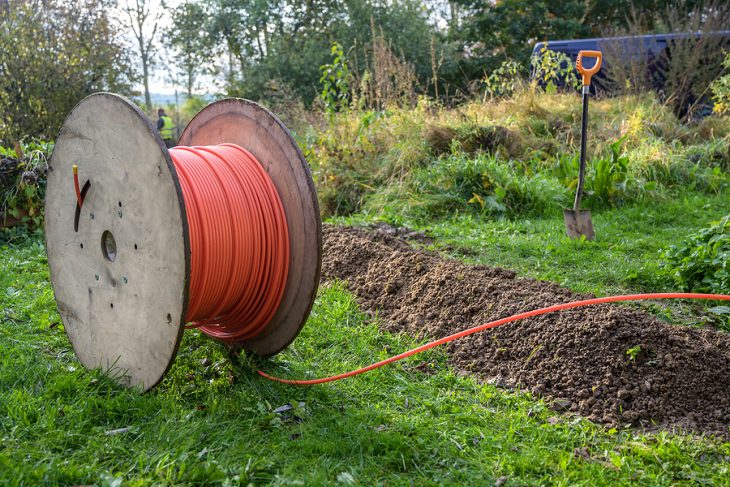
By Ahmad Hathout
VICTORIA – Municipalities in British Columbia have expressed concern about government-subsidized fibre networks being taxed too heavily, which prompted a meeting of the provincial ministry for telecommunications to discuss the matter.
Citizens’ Services Minister Lisa Beare suggested a follow-up meeting on the issue of subjecting to property tax fibre projects funded by public money, according to a briefing note obtained by Cartt. The meeting suggestion followed concern voiced by the Regional District of East Kootenay at the 2022 Union of BC Municipalities convention in September. (The province is composed of 27 regional districts.)
“The fibre optic industry has expressed concerns to BC Assessment [which is responsible for fibre valuation for tax purposes] that the current costing model will provide assessed valuations that do not consider the potential customer base of the asset to support the tax,” according to the note.
“This could result in prohibitively high taxes on a rural asset that generates minimal revenue and therefore of less value than fibre in urban areas,” it continued.
But the Minister of Finance, which reviews BC Assessment’s costing models and develops options to implement the taxes, will not implement changes to the regulated rates for fibre in 2023, according to the note, at the same time adding it is “unlikely” that there will be any increases in 2024.
BC Assessment sets the value annually in the fall for the upcoming year. The last time a fibre costing model was undertaken was 2020, when BC Assessment looked to update the base costs to reflect current market conditions. Before that, it made an assessment in 2014, after which it imposed “nominal” annual assessment increases.
Exemptions could apply for municipalities that are not-for-profit, according to the Community Charter, which is the lead legislation for municipalities — except Vancouver — on property taxation.
According to the note, local governments may work with BC Assessment to provide tax exemptions on an annual basis, with the permissive exemptions under the Charter being that the exemptions don’t apply to for-profit internet service providers. As such, telecom assets owned by municipalities, regional districts or local authorities could theoretically get exemptions.
The taxation issue has introduced another component in the debate about the costs of building broadband infrastructure, especially in rural and remote communities.
South of the border, legislation was reintroduced in Congress last month to shield from taxation federal money going toward broadband infrastructure.
In the federal fall economic statement in 2018, the federal government implemented the Accelerated Investment Incentive, which allowed companies like the telecoms to write off a larger share of the costs of purchasing equipment – like fibre cables – in the year it is purchased. Some of the large telecoms have reported benefits from the initiative.



